Zhiyuan Yao is a Geography PhD candidate and a student research consultant in the Research Labs@ GMP, in the Geology-Math-Physics Library. She is a GIS expert in the UC Libraries Research & Data Services Team and can help you with your GIS and other research data questions. Below she describes her recent experience attending the XSEDE workshop on Big Data.
The Extreme Science and Engineering Discovery Environment (XSEDE) is an NSF-funded virtual organization that integrates and coordinates the sharing of supercomputers with researchers nationally to support science. It has five computer resource infrastructures located across the nations, and Pittsburgh Supercomputing Center (PSC) is a part of it. PSC offers workshops from time to time through the year and aims to promote advanced data analysis among a variety of research fields using its supercomputer, Bridges. Thanks to IT@UC Research & Development, Innovation and Partnerships, who cooperates with PSC to offer the free workshop to UC community. The workshop is one of many events in the Data & Computational Science Series funded by the Provost Office. I was glad to attend the Big Data workshop and give you a glimpse of the informative workshop.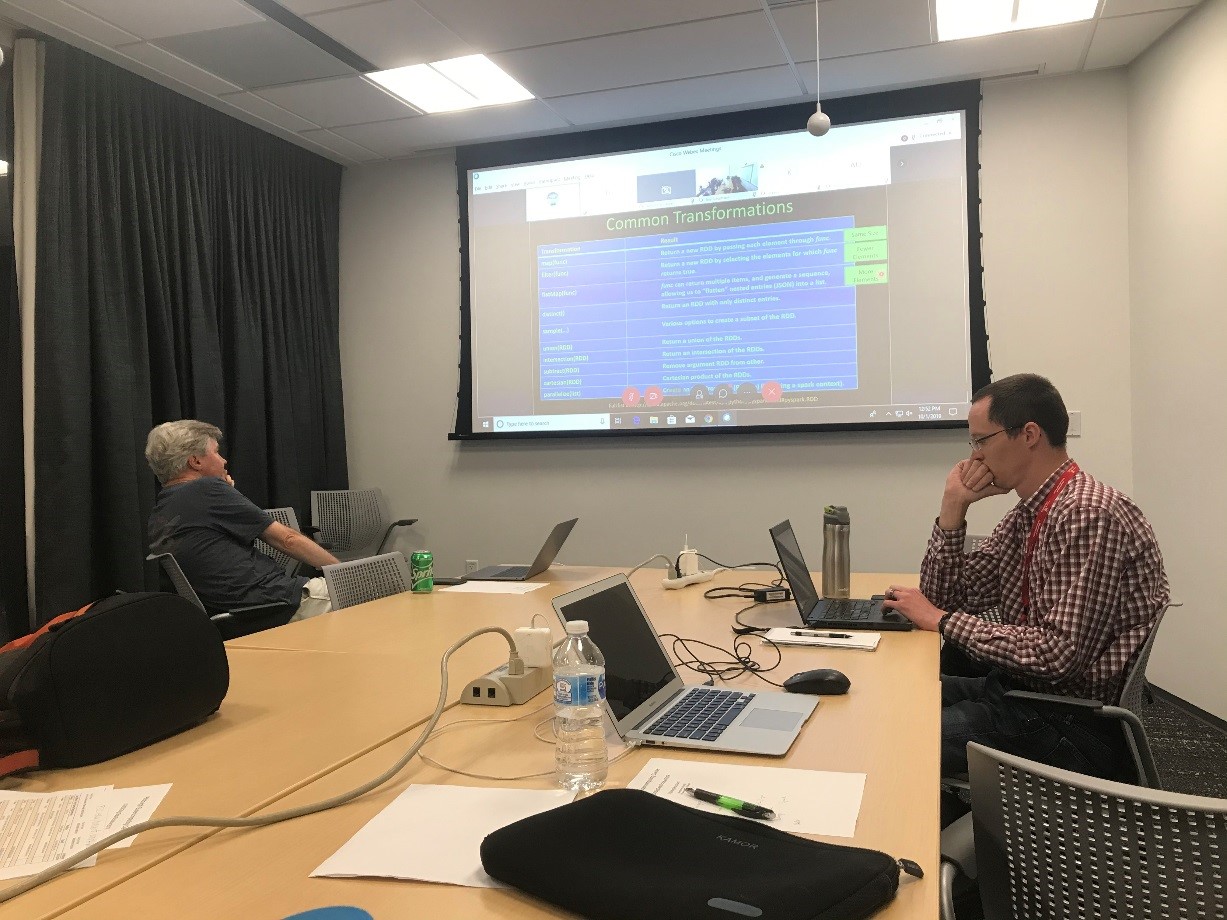
The Big Data workshop was held on Oct 1st to Oct 2nd, from 11: 00 AM to 5: 30 PM. The workshop was well organized and followed a working flow: introducing background information, providing examples, and doing exercises. I really appreciated the background information introduced in this workshop, since it provided a holistic view of this workshop which was friendly to beginners. Besides, this workshop talked about several programs for big data analysis, such as Hadoop and Spark, and Tensorflow. The Big data workshop is one of PSC HPC workshop series, such as MPI, OpenMP, OpenACC, et al. If you are interested in one of these workshops, you can check if IT@UC offers this workshop at Workshops & Trainings in Faculty OneStop.
Besides the free knowledge, you also have free lunch! IT@UC Research & Development, Innovation and Partnerships offered the yummy lunch through the Data & Computational Science Series funded by the Provost Office. If you are interested in learning things about high performance computing, please come and take advantage of the free resources and the yummy lunch!
The next XSEDE event is coming up soon:
XSEDE Monthly HPC Workshop: OpenMP
Tuesday November 5, 2019 – 11:00am to 5:00pm
Langsam Library Room 475


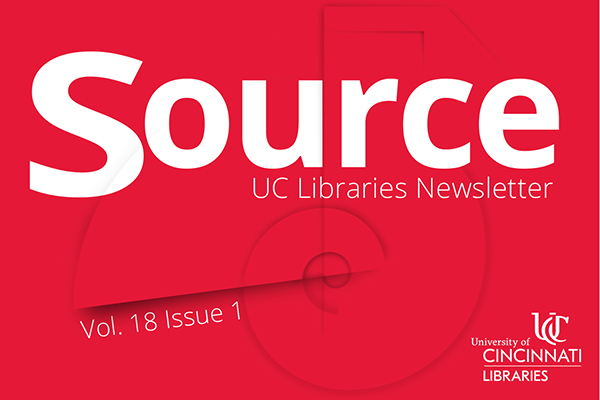 Read Source, the online newsletter, to learn more about the news, events, people and happenings in UC Libraries.
Read Source, the online newsletter, to learn more about the news, events, people and happenings in UC Libraries. UC Libraries will be closed Monday, September 2 for Labor Day, except for the
UC Libraries will be closed Monday, September 2 for Labor Day, except for the 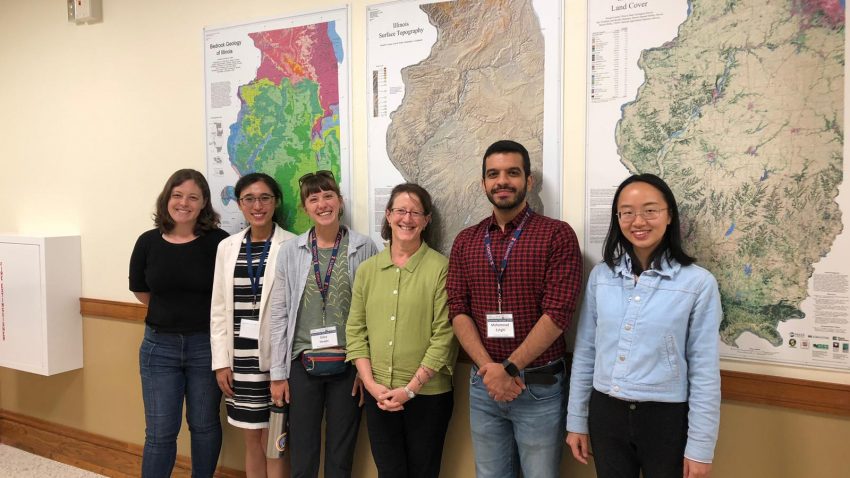
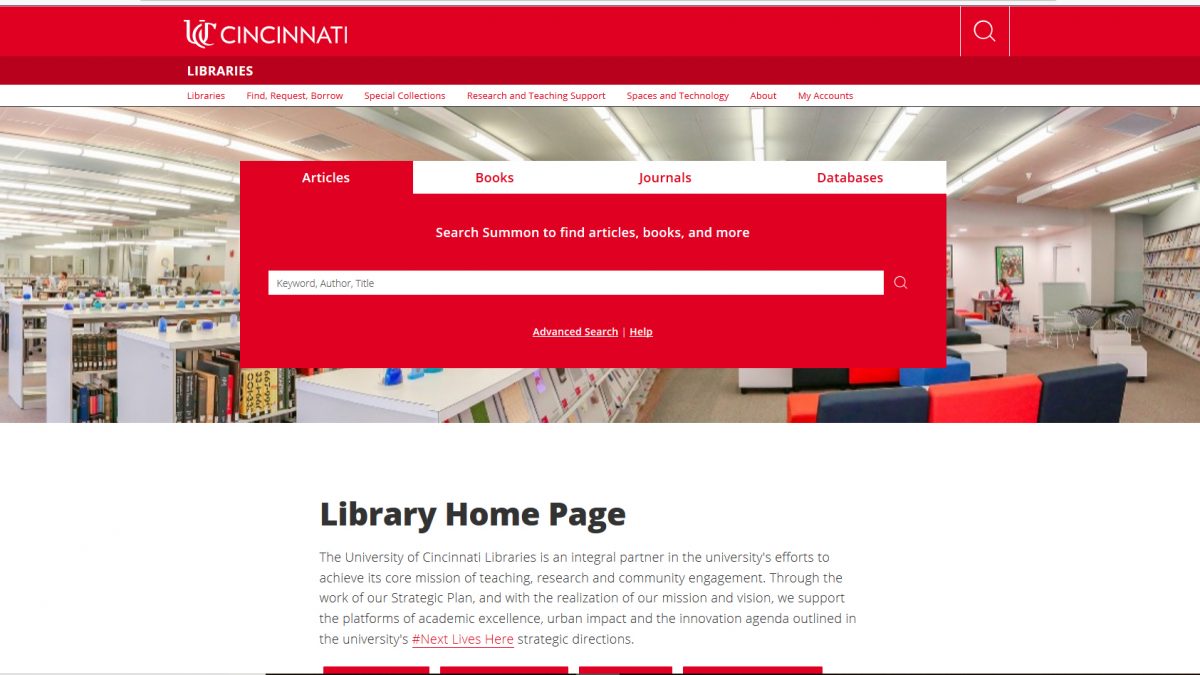

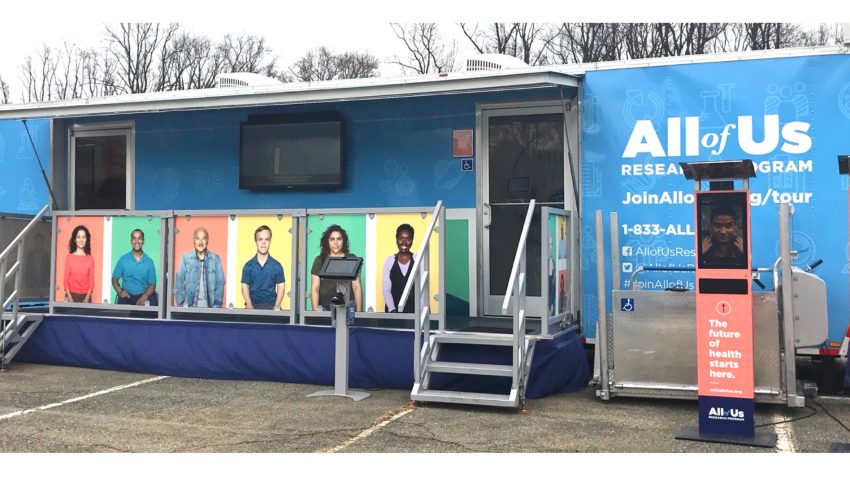 The Donald C. Harrison Health Sciences Library will host the All of Us awareness and education mobile unit on Friday, June 21 from 10:00 a.m. – 4:30 p.m., 231 Albert Sabin Way, Kresge Circle.
The Donald C. Harrison Health Sciences Library will host the All of Us awareness and education mobile unit on Friday, June 21 from 10:00 a.m. – 4:30 p.m., 231 Albert Sabin Way, Kresge Circle.